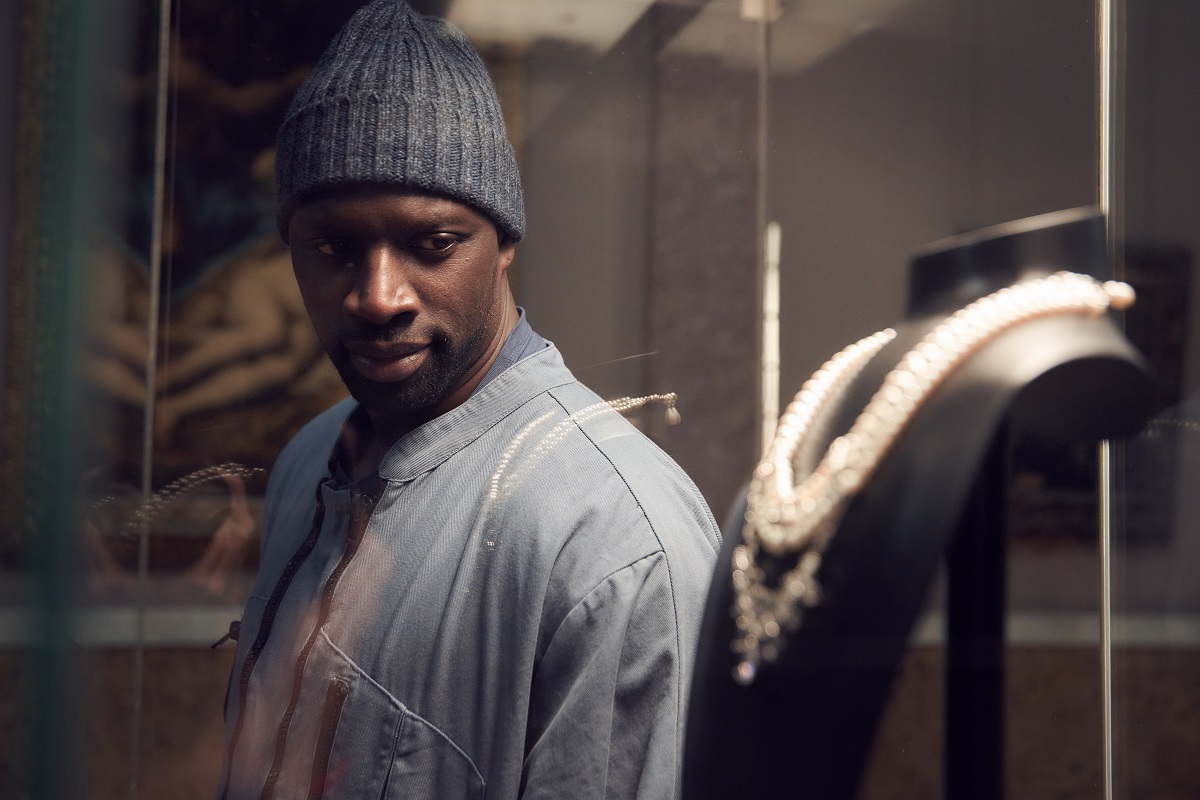‘Lupin’ is a French crime thriller series created by George Kay (‘Killing Eve’) in collaboration with François Uzan (‘Family Business’). It stars Omar Sy as Assane Diop, a master of heist and disguise, who plans to steal a necklace belonging to Marie Antionette to avenge his father’s death. As it turns out, his father was accused of a crime that he didn’t commit— an event that changed young Assane’s life forevermore. He is determined in his quest, and his suave style and meticulous approach make this series an enthralling watch.
With ample twists, ‘Lupin’ contains an illusory charm within itself, a style that director Louis Leterrier has carried from his other directorial venture, ‘Now You See Me’ (2013). Some of the episodes are also directed by Marcela Said (‘Narcos: Mexico’). Its premise and plot have kept us hooked, and we were intrigued to know more about the origins of the story. Here’s what we found out!
Lupin: The Enigmatic Fictional Anti-Hero
No, ‘Lupin’ is not based on a true story. However, the series takes its inspiration from the fictional character of Arsene Lupin, a gentleman thief and a master of disguise created by Maurice Leblanc. The character was originally named Lopin, but his name was subtly changed due to a local politician’s reservations. Assane Diop’s character is inspired by the books, which are heavily featured in multiple scenes of the show. Lupin was first created in 1905 as a character of short stories that featured in the French magazine, ‘Je sais tout.’

His character has been adapted to drama, comics, films, and video games numerous times, and the latest offering is in the form of the delectable thriller, ‘Lupin.’ Lupin’s enigmatic character is more of an anti-hero who takes on adversaries that have no moral compass. His guile and charm are infectious, which is why he manages to slither around his job without being noticed. Maurice Leblanc was possibly influenced by the trial of Marius Jacob, a French anarchist while creating Lupin’s character.
Other existing characters of gentleman thieves, like Octave Mirbeau’s Arthur Lebeau, perhaps influenced his stories. Many of Lupin’s exploits have fantasy elements that effectively blend real-world panache and improbable adventures. Interestingly, Leblanc also wrote about the character of Sherlock Holmes in his stories. Lupin’s and Holmes’ confrontation created a literary engagement that has delighted fans of detective novels for decades.
Sir Arthur Conan Doyle raised objections regarding copyright infringement, and thus, Leblanc cleverly changed the name to Herlock Sholmes, a character recurring quite often in the stories and novellas. They featured in a video game named ‘Sherlock Holmes Versus Arsene Lupin’ after copyright expiration. In the series, the character of Assane Diop is heavily influenced by the adventures of Arsene Lupin and imbibes his methods to get back at the person responsible for his father’s death. His revenge is motivated by Lupin’s ideals, an act 25 years in the making.
Although thievery has moral ramifications, ‘Lupin’ swerves it radically to establish its need in the guise of revenge. Viewers will find themselves hooked to the series, especially because of the masterful deceit and action-packed thrills. The heist shown in the series takes place on a grand scale and combines the ever-familiar detective story elements in a new mold. Although the plot of ‘Lupin’ is not based on a true story, it surely pays a fitting homage to Arsene Lupin and other detectives from literary fiction in a fascinating way.
Read More: Lupin Season 1 Ending, Explained


You must be logged in to post a comment.